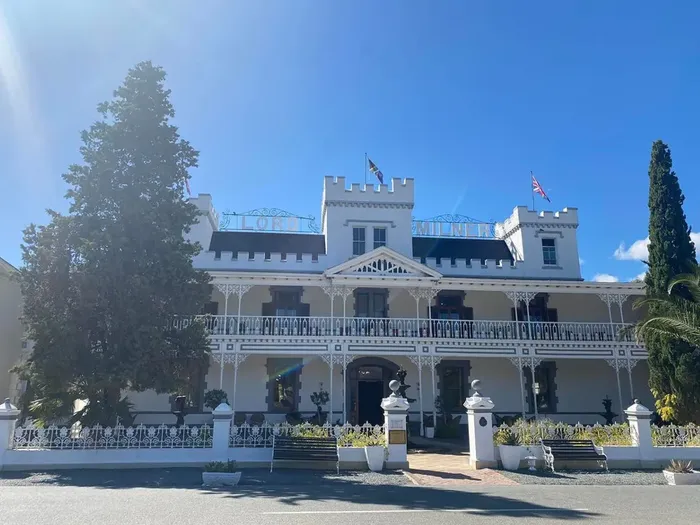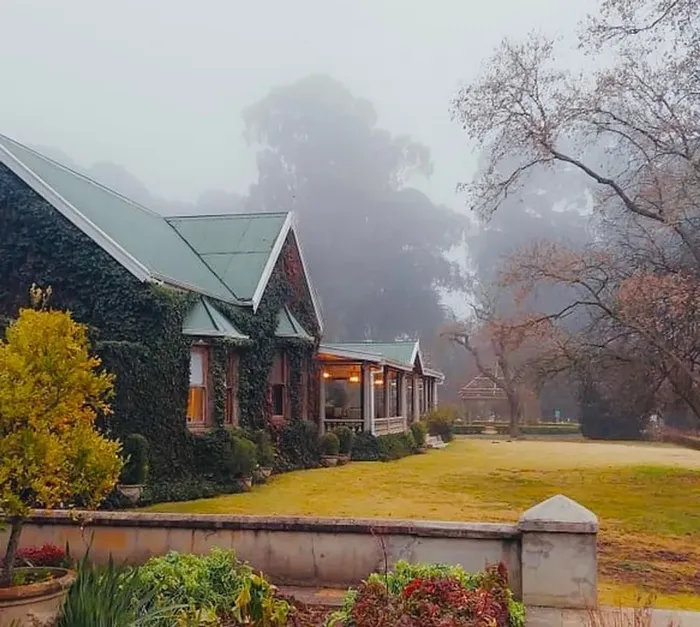Heritage hotels: where old charm meets modern luxury expectations

Manor House is an example of the Cape Dutch architectural style, exemplified by graceful and well-proportioned tall gables and windows.
Image: Instagram.
Heritage hotels, known for their old buildings and the charm of times gone by, are adjusting their offerings to make modern luxury travellers feel more at home.
A recent study found that 83% of high-end travellers want more than just beautiful places to sleep. They are searching for accommodations that tell "meaningful stories" and have connections to the local culture.
The trend shows that people not only want to enjoy a pretty room but also seek experiences that touch their hearts and allow them to connect with the world around them.
Catherine Schulze, managing director of Steenberg Farm in South Africa's Constantia region, shares her thoughts on this shift: "Beautiful buildings are expected, but what guests truly remember are the memories and meaning they take away."
This change is particularly important as younger, wealthier travellers enter the market.
Research shows that they care more about sustainability, personal space, wellness and genuine cultural experiences rather than simply lavish decorations.
To attract these modern guests, heritage hotels are making changes. They are looking for ways to provide unique experiences that allow guests to dive into local traditions and lifestyles.
From cooking classes featuring regional cuisine to guided tours led by locals, these hotels are trying to create connections that enrich the visitors' understanding of their surroundings.
The report also shows that women now make up 71% of solo luxury travellers, so such changes in traveller demographics are prompting heritage hotels to offer friendlier, more personal service instead of stiff and formal hospitality.
The importance of storytelling at heritage hotels is also growing, with recent reports showing a 5% increase in heritage-based travel.
Tourists are now keen on diving into rich cultural experiences rather than just ticking off iconic landmarks.
They want to connect on different levels - be it through admiring the historic buildings, indulging in local culinary delights or engaging with the surrounding landscape and activities.

Matjiesfontein Lord Milner Hotel.
Image: Instagram.
For families, these connections can result in deep conversations about their own stories and backgrounds, transforming their trips into meaningful experiences.
According to experts, the coming travel trends will focus on "considerate detours", where visitors seek real experiences that help them appreciate and understand local cultures.
Additionally, heritage hotels must show evidence of their positive impact on local communities and the environment.
As heritage becomes a rare and precious luxury, experts argue that genuine experiences should be intimate and sincere rather than showy.

Hartford House Hotel, KwaZulu-Natal is a national monument.
Image: Instagram.
"Authentic heritage cannot be manufactured. It is rooted in land, history and spirit that have evolved over centuries. In today’s experience-driven travel market, it is these stories, told with care and connected to real places and people, that ensure heritage hotels remain relevant and valued," shares Schulze.
Related Topics: